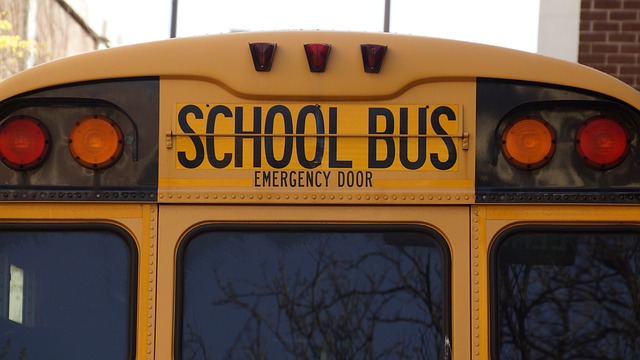The following resources focus on the educational climate and betterment of those serving the K–12 educational community.
How to boost math skills in the early grades
In the last decade, educators have focused on boosting literacy skills among low-income kids in the hope that all children will read well by third grade. But the early-grade math skills of these same low-income children have not received equal attention. Researchers say many high-poverty kindergarten classrooms don’t teach enough math and the few lessons on the subject are often too basic. While instruction may challenge kids with no previous exposure to math, it is often not engaging enough for the growing number of kindergarteners with some math skills.
State information request: Use of ACT, SAT and PSAT for high school testing, as required by ESSA
A state department of education official asked about the number of states requiring all students to take an assessment, such as the ACT or SAT, as well as more information about the tests and the states administering them. The ECS response included information about the statewide administration of ACT and SAT tests, states that allow or require the PSAT test for all students, test preparation, limits regarding the ACT and SAT tests, states that require a state test to be taken in addition to the ACT or SAT tests, and states that have submitted an alternate test as part of their ESSA state plans.
Guiding questions for state school improvement efforts
Top experts and policy leaders from across the country to answer the question on many of your minds: How do we improve lower-performing schools? This new resource delves into four key areas of school improvement and provides guiding questions for policymakers looking to bolster efforts in their states.
This primary school has abolished marking in favor of one-to-one sessions with teachers
A primary school in Peterborough has found success by abolishing traditional marking, replacing it with one-to-one “conferences’ between teachers and pupils. The year-long experiment has been a big success.
KS youth ranked 10th least at risk nationwide
Wilson credits the policy changes made in the late 90’s for some of the good rankings now. (WIBW-13)
Literacy and numeracy skills of U.S. men and women
This report compares the literacy and numeracy of men and women based on test scores that range from 0 to 500. The average literacy score among U.S. adults was 272. Men’s average score was 272, which was not measurably different from women’s average score of 271. The average numeracy score among U.S. adults was 257. Men scored higher than women in numeracy. Their average score was 265, some 15 points higher than women’s average score of 250. Looking at adults in roughly ten-year age intervals, men had higher average numeracy scores than women in each age category, scoring between nine and 18 points higher in each category. Men also had higher average numeracy scores than women with the same levels of educational attainment. (National Center for Education Statistics)
For sale: Survey data on millions of high school students
In May, the Department of Education issued “significant guidance” that recommended that public schools make clearer to students and their parents that surveys with the SAT and the ACT, a separate college admissions exam, are optional. The notice emphasized that pretest surveys could provide opportunities for families to learn about college choices. But it also reminded schools that parents had the right to inspect all surveys in advance. Parents also have the right to opt their children out of any school-required surveys that touch on sensitive topics like religion, family income or politics.
The big idea: Cracking the code on chronic absence
Monday, September 24, 2018, 12–1 p.m. More than seven million U.S. students are chronically absent each year- meaning they have missed a month or more of school. This webinar explores the pernicious effects of chronic absence and the “Every Student, Every Day Toolkit” developed through Facebook and the New York City Community School Initiative.
Study links behavior in kindergarten to adult success
The new study, a comprehensive 20-year examination of 800 children from kindergarten through their mid-20s published Thursday in the American Journal of Public Health, found a link between a child’s social skills in kindergarten and how well they were doing in early adulthood.

